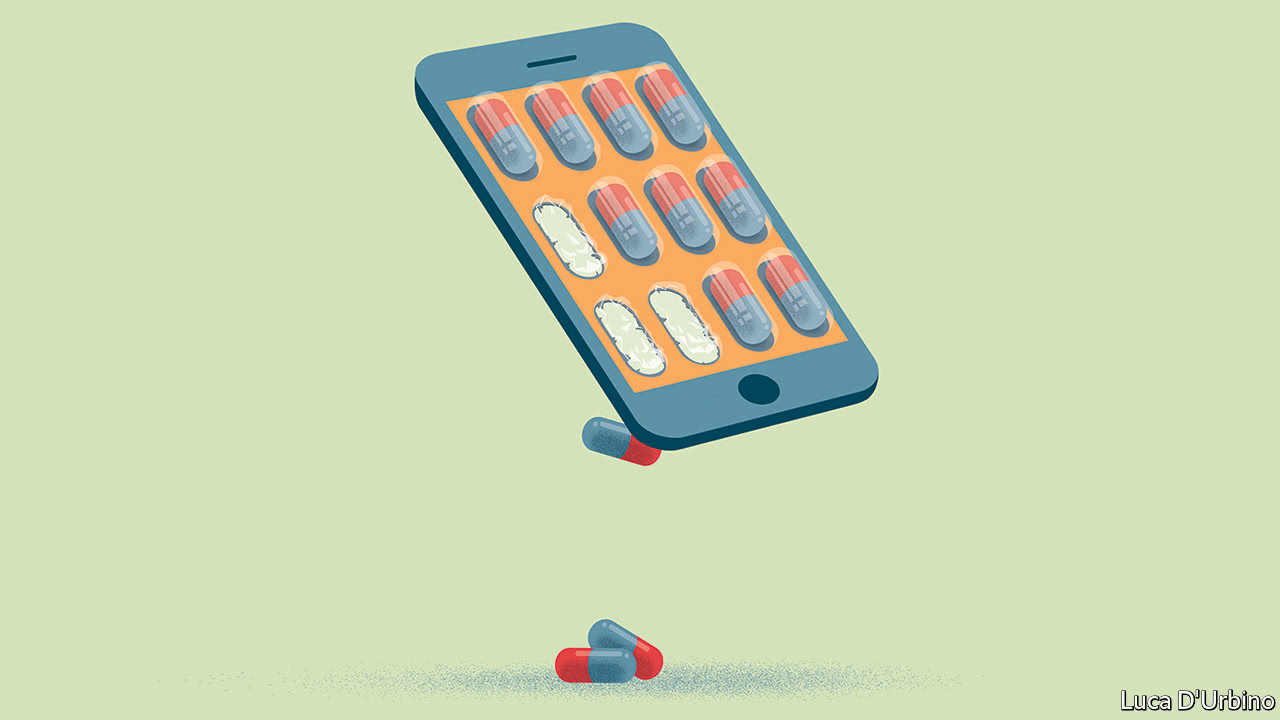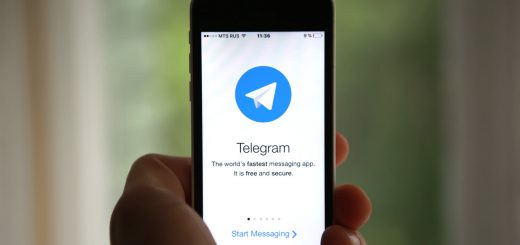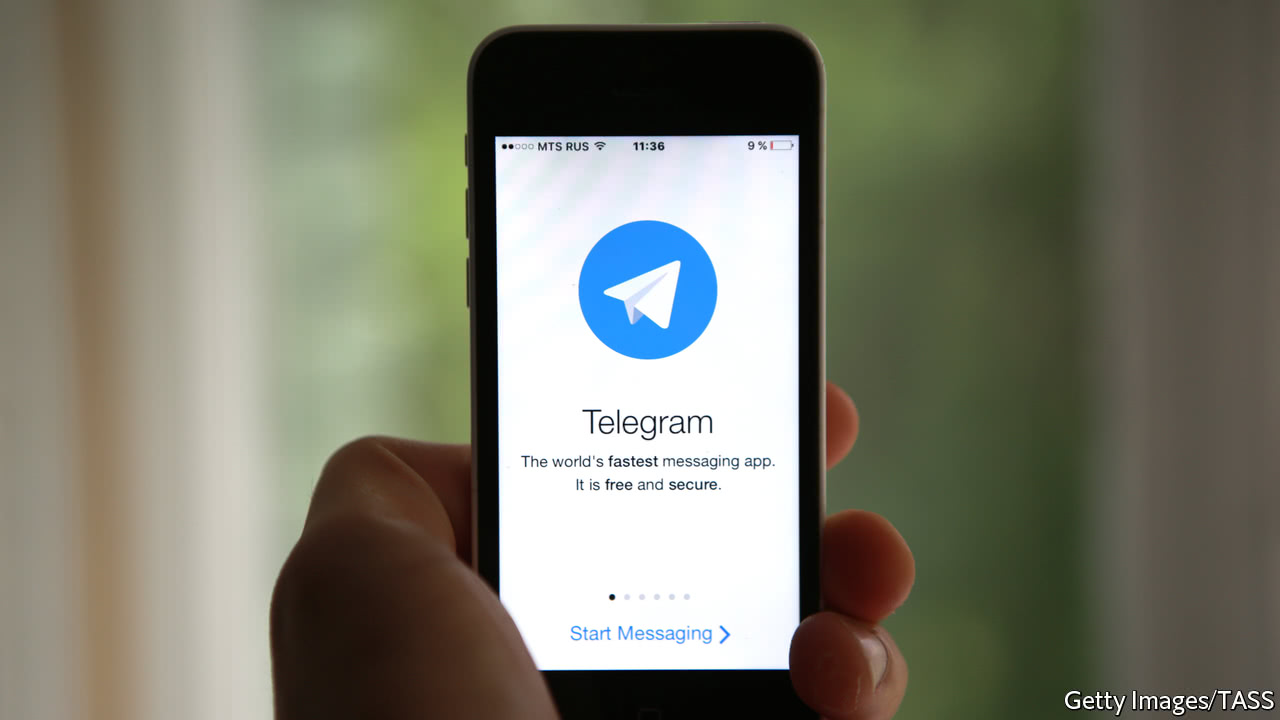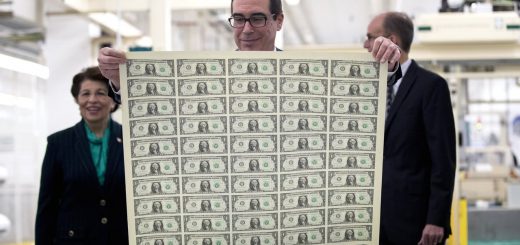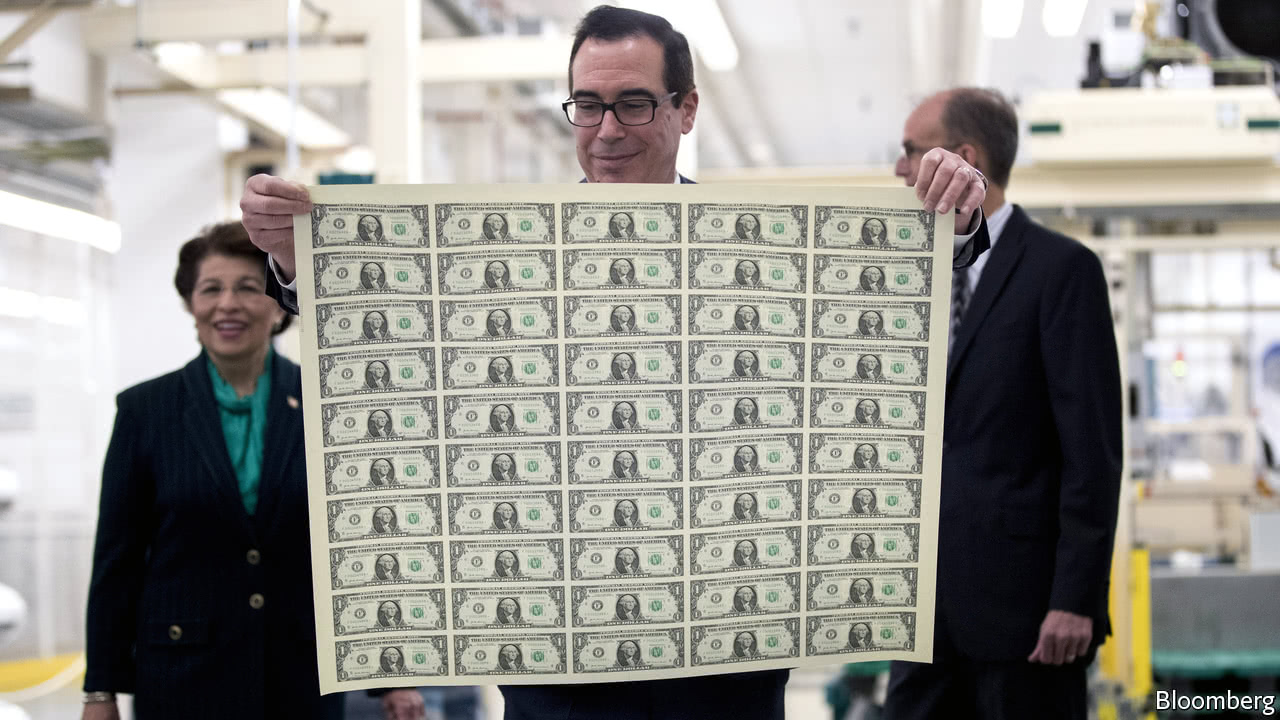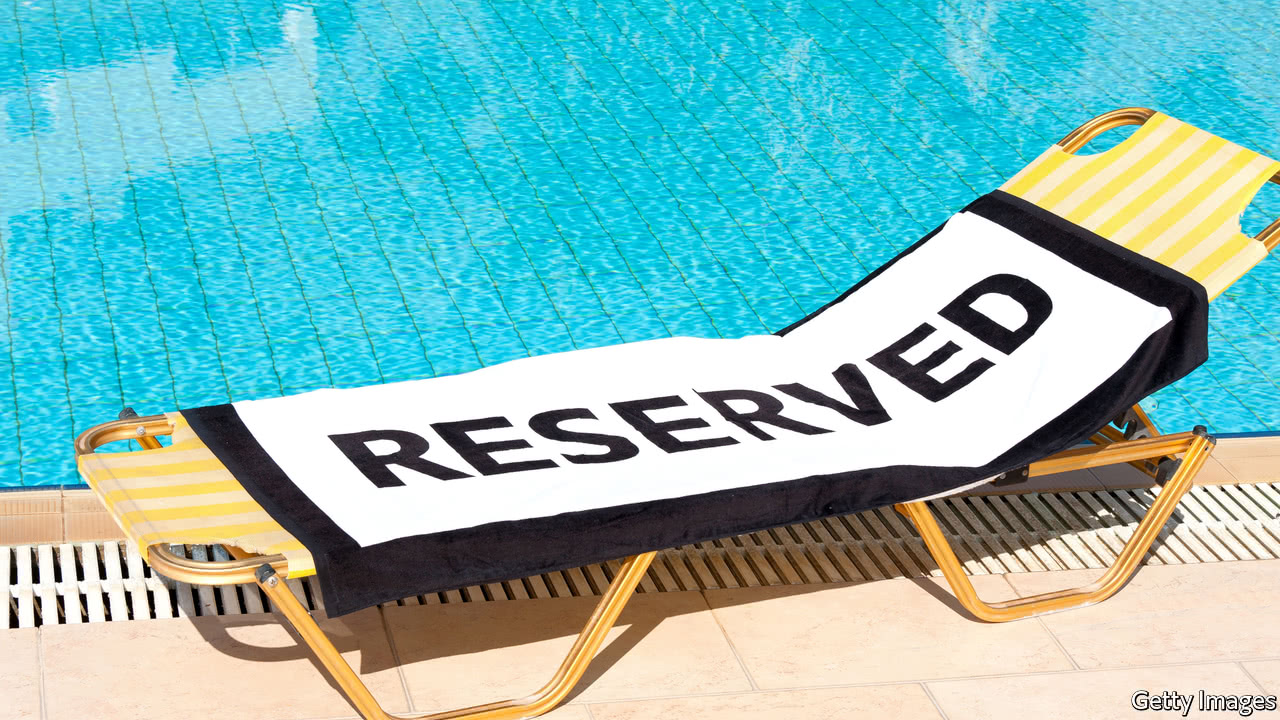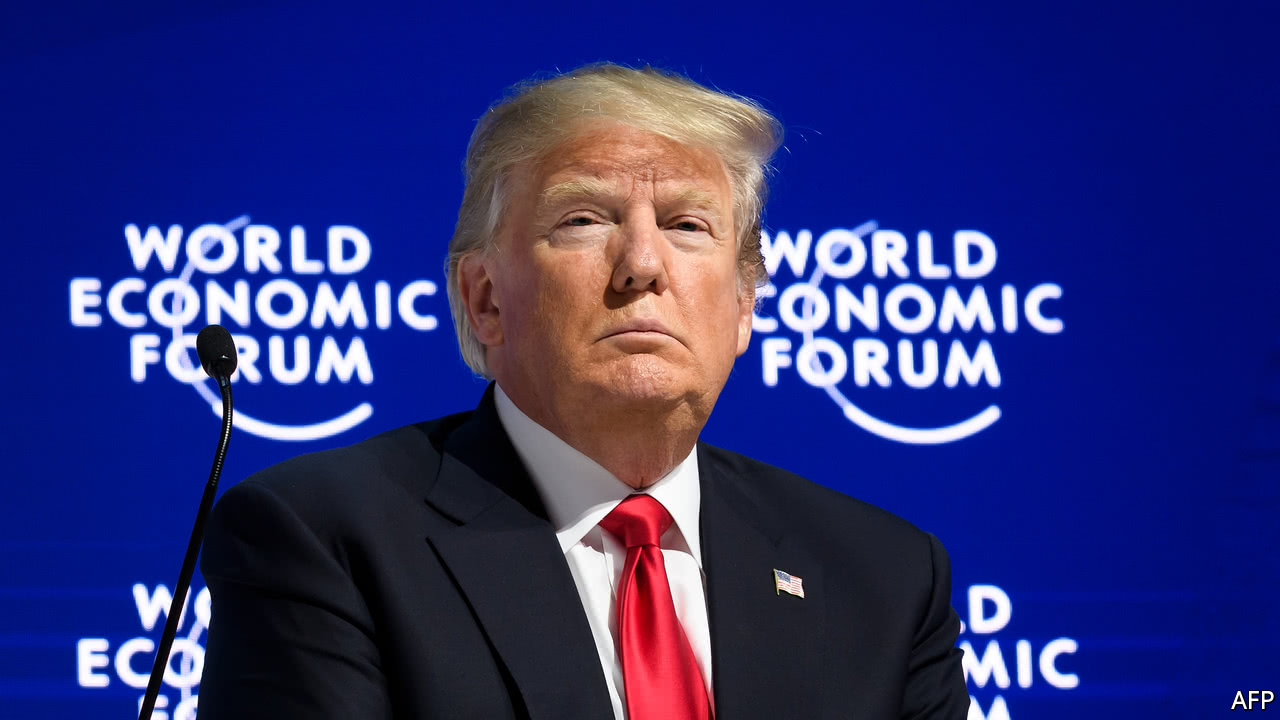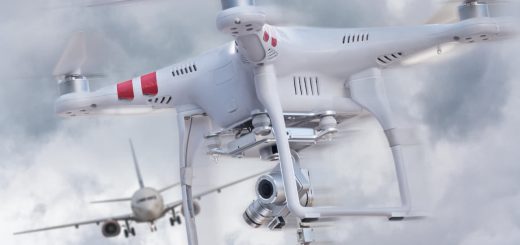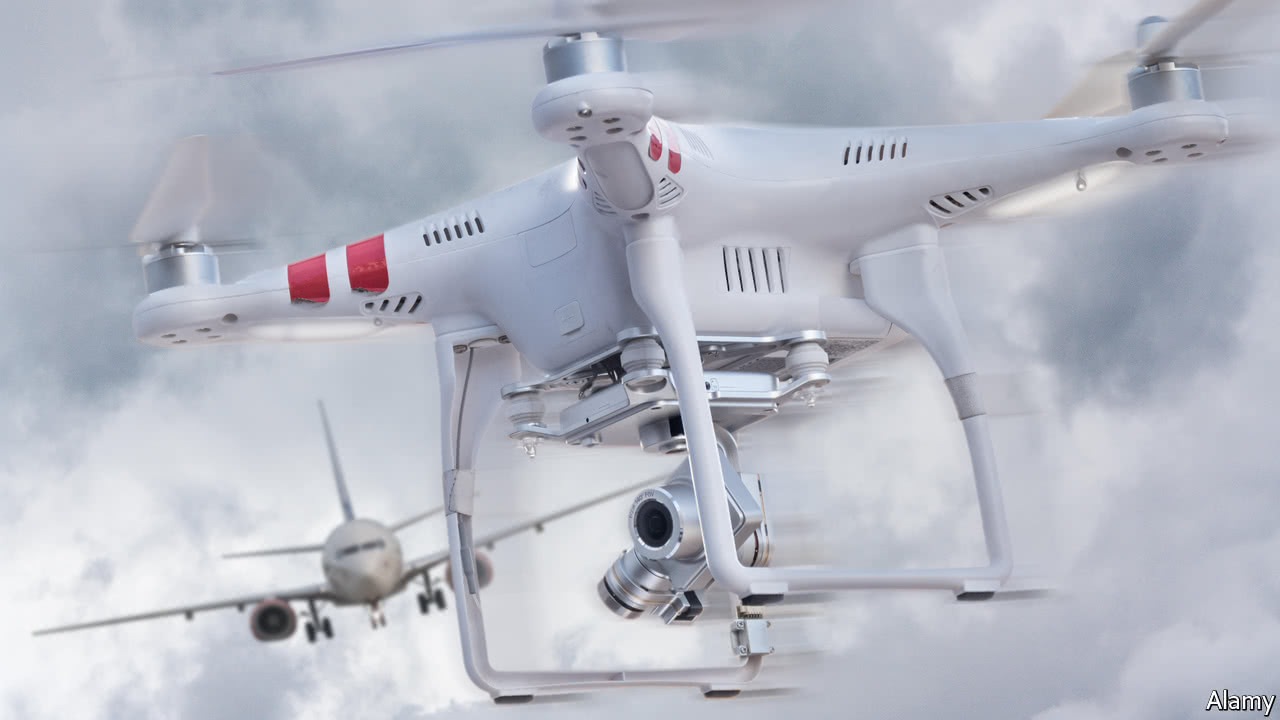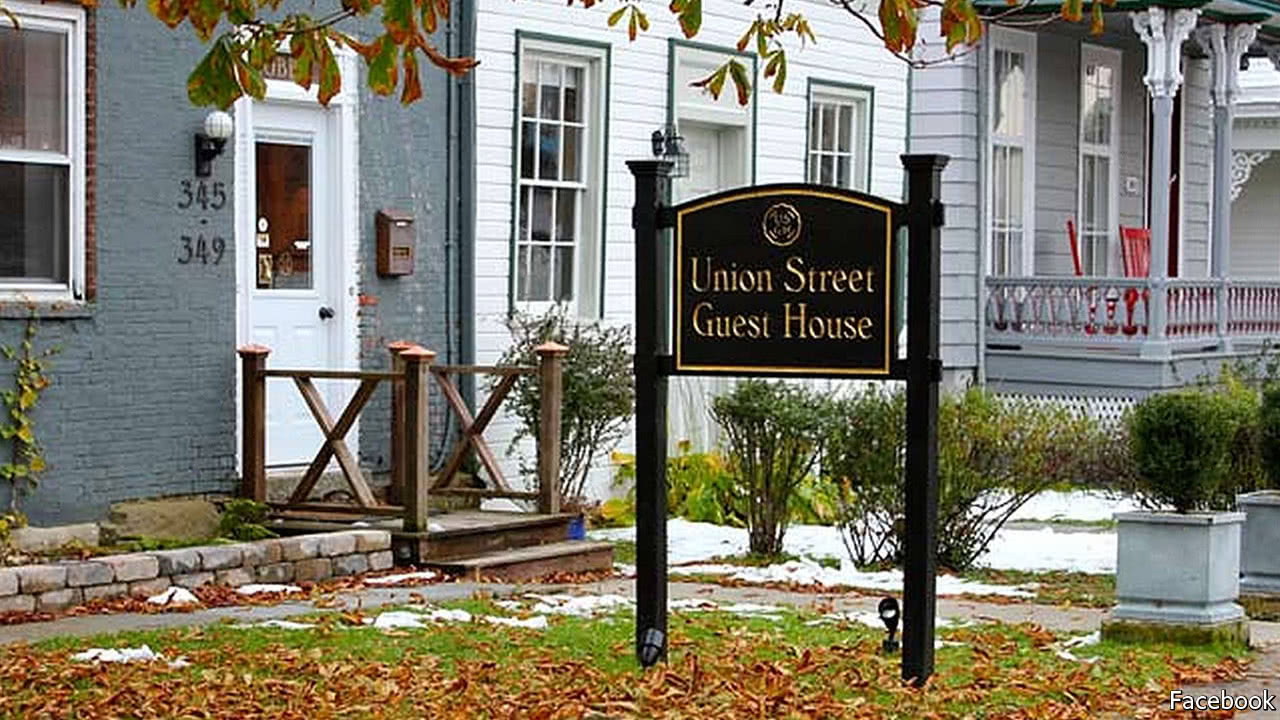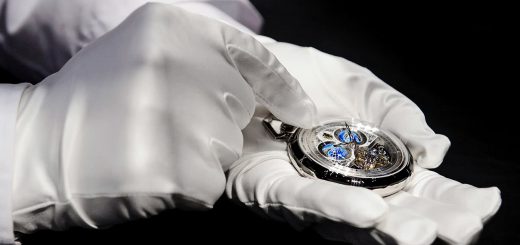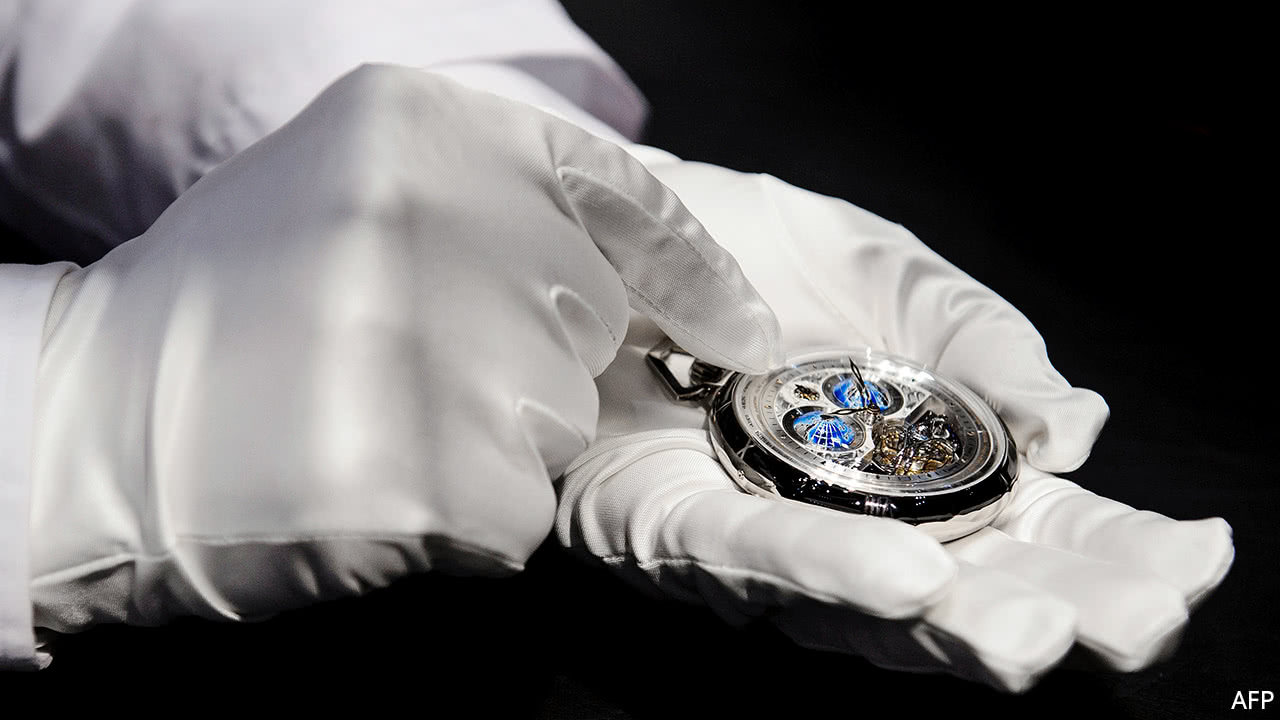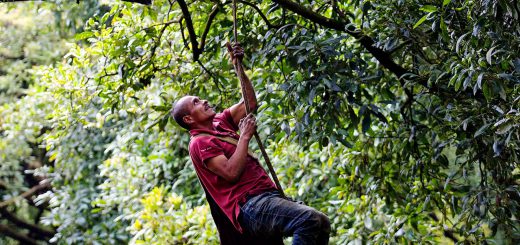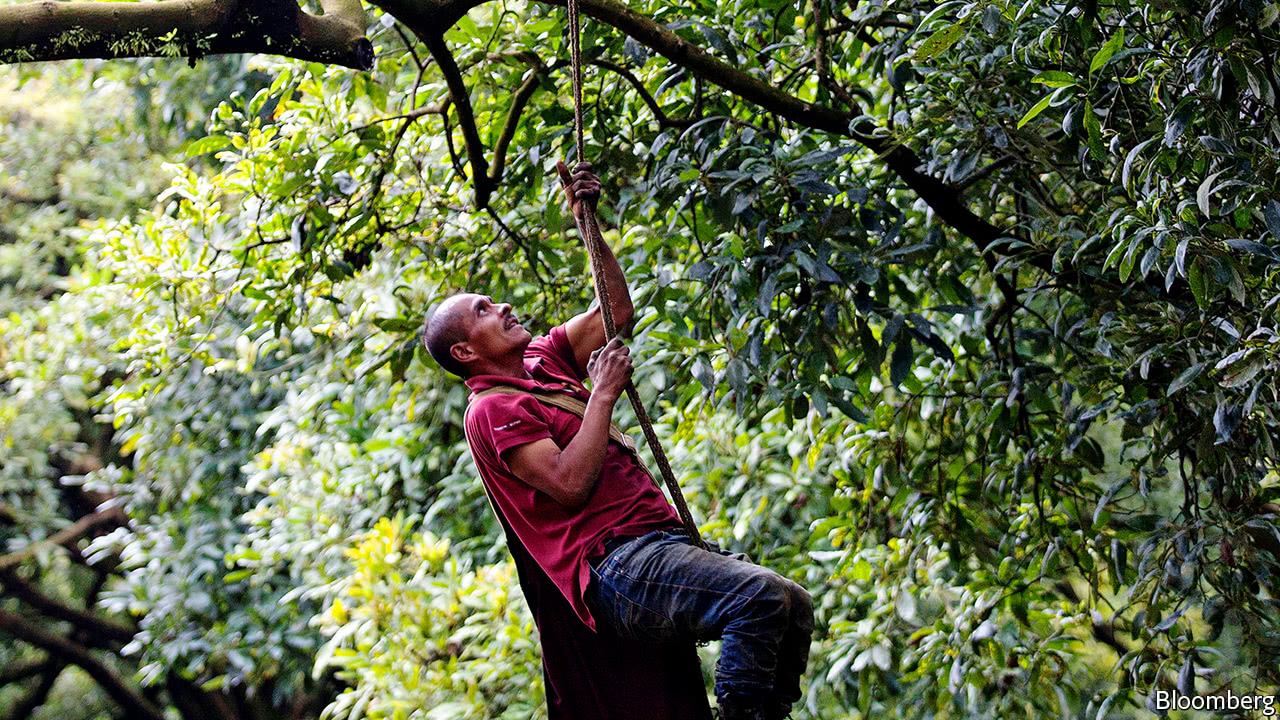Apple and Amazon’s moves in health care signal the start of a transformation
THE past decade has seen the smartphone become a portal for managing daily life. Consumers use their pocket computers to bank, buy and befriend. Now this array of activities is expanding into an even more vital sphere. Apple has spent three years preparing its devices and software to process medical data, offering products to researchers and clinical-care teams. On January 24th it announced the result. The next big software update for its iPhone will include a feature, Health Records, to allow users to view, manage and share their medical records. Embedded in Apple’s Health app, the new feature will bring together medical data from participating hospitals and clinics, as well as from the iPhone itself, giving millions of Americans direct digital control of their own health information for the first time.
Apple’s fellow tech giants are also on the march into medical services. On January 30th Amazon announced a partnership with Berkshire Hathaway and JPMorgan Chase to create a not-for-profit…


